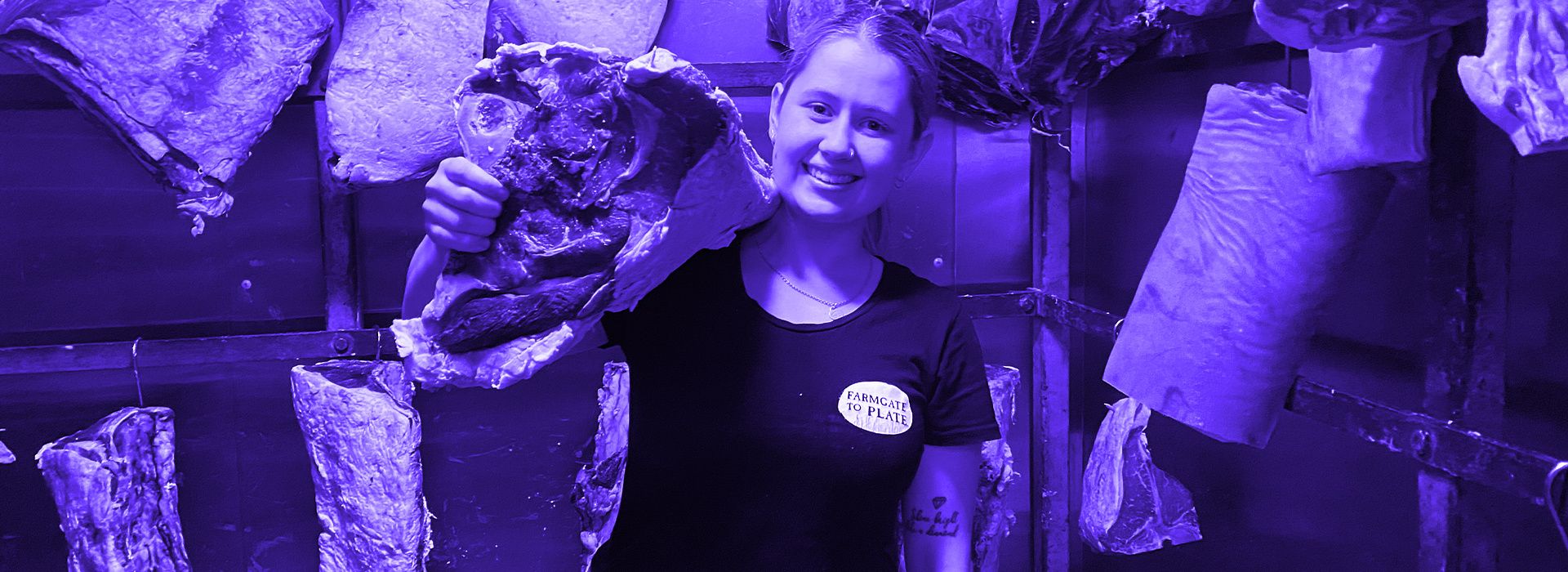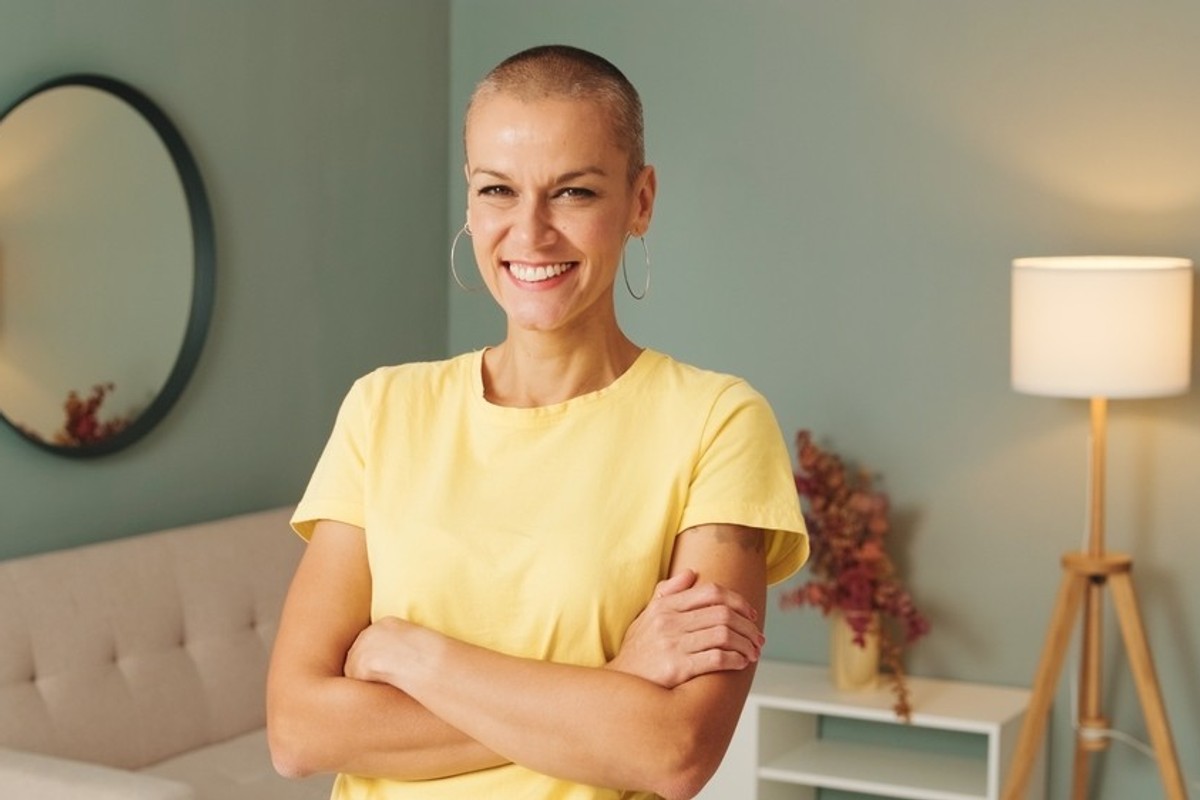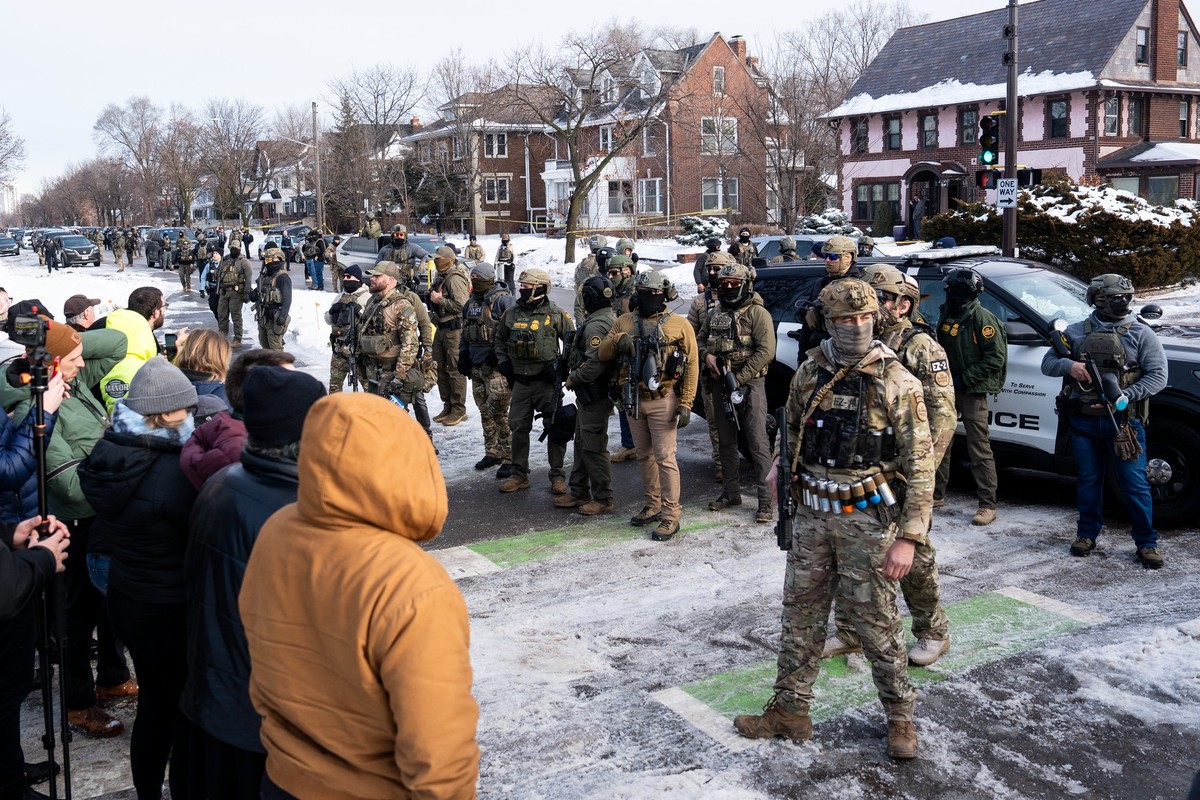These young women in trades are positive about their future prospects despite small representation.
When 20-year-old Sarah Wadland takes an Uber home from work each afternoon she reeks of raw meat. "What do you do for work?" the Uber driver asks. Even in 2020, Wadland's answer elicits surprise and a series of follow up questions.
Amy Grice is one of only two females in her TAFE degree but she's ranked top of her class. "The only reason people think boys make better tradies than girls is because they're stronger," Grice said. "They're definitely not smarter."
Despite new opportunities, both these women find themselves working in overwhelmingly male workspaces. That they can do this, is due in part to the pioneering choices of women such as octogenarian Colleen Smith who paved the way. Smith found her trade game in the 1960s after she was forced to quit her bank job when she married.
Her husband Keith was a builder and had complained about the quality of work from his male colleagues. Smith knew she could do a better job, and proved it, becoming one of the first women to hold an individual builder's licence in NSW.
'When I first arrived at a job site the boys would murmur: Oh God, we've got a woman on the job.'
As these stories show, attitudes and opportunities in Australia are slowly shifting but still today, close to 90 per cent of men and women around the world hold some sort of bias against women, according to a UN Development Program survey released ahead of International Women's Day on March 8.
Each year on this day, women around the world take to the streets to celebrate the advances of working women and protest areas of gender disparity. This year's theme is "I am Generation Equality: Realising Women's Rights" #EachforEqual. This annual celebration of women began as a protest movement. It was first held in 1911, but came into sharper focus in 1917, when Russian working women used the day to strike for "bread and peace". When the Czar abdicated four days later, the new Bolshevik republic gave women the vote and declared March 8 a national holiday.
Today, International Women's Day is celebrated as a public holiday in 20 countries (Australian women won the right to vote in 1902 but never got the holiday), with women receiving flowers and gifts, from both women and men, in acknowledgement of their work.
The 2020 #EachforEqual campaign is a challenge to make gender inequalities and gender bias a thing of the past. The UNDP's first Gender Social Norms Index shows 91 per cent of men and 86 per cent of women show some bias against gender equality in areas such as politics, economics, education, and physical integrity. The survey took in data from 75 countries, covering over 80 per cent of the world's population. So, the challenge is sizeable.
Pedro Conceição, head of UNDP's Human Development Report Office, said in a statement Thursday there had been significant progress around achieving parity in primary school enrolment and reducing maternal mortality "but gender gaps are still too obvious in other areas, particularly those that challenge power relations and are most influential in actually achieving true equality".
THE BUTCHER
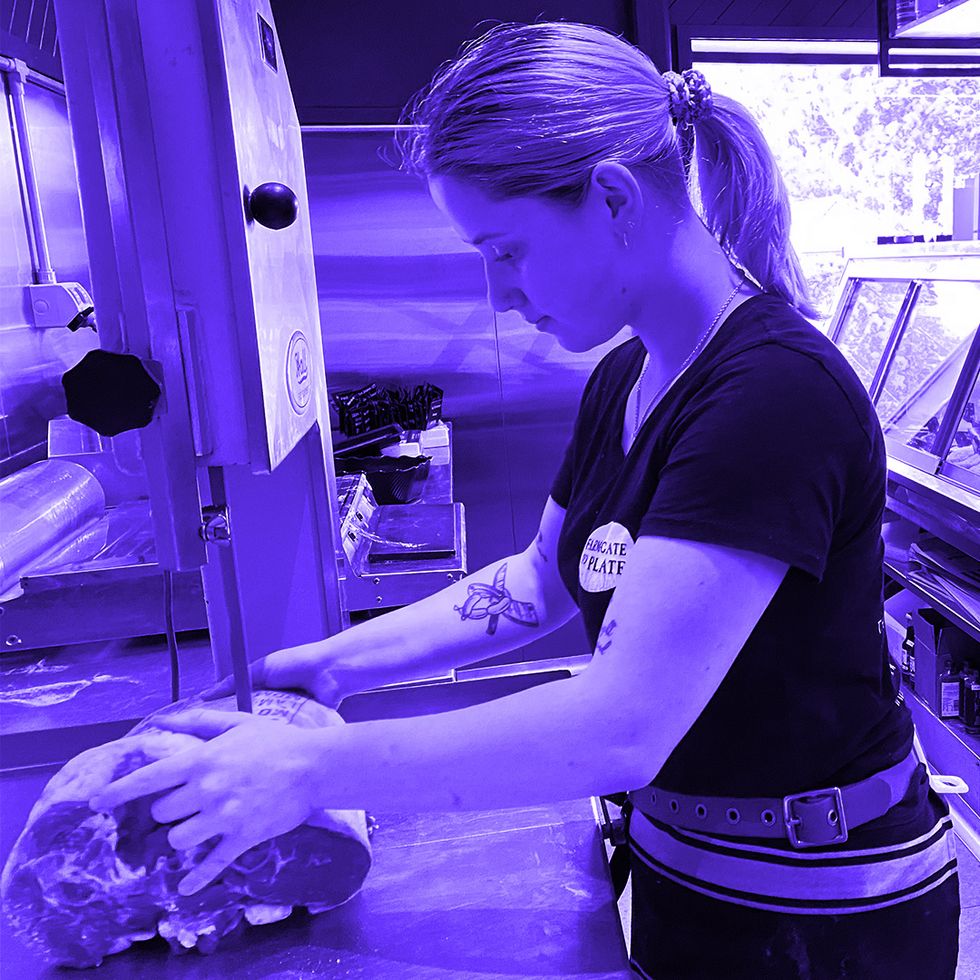
SARAH WADLAND'S family doubted her dream to be a fourth-generation butcher, believing the meat industry should be left exclusively to men. Her father refused to offer her an apprenticeship at the family business, encouraging her to pursue a career suitable for females.
"I think females are looked upon as more the cashier or just the help. They're a little bit weaker, a little bit smaller and men just think that we can't do it," she said.
The determined 16-year-old hunted down her own apprenticeship at the Farmgate To Plate gourmet butchery in the Sutherland Shire. The owner recognised her potential and passion for the meat industry and she was offered a full-time contract within hours of her first day's work with them.
Now qualified, she carries the scars of her trade with pride, some deliberate (a tattoo on her lower right arm shows crossed butcher's knives looped with a string of sausages) and some not (she lost part of her thumb on the electric saw).
Wadland is challenging age-old workplace stereotypes every time she shoulders a hind quarter in the freezer room. However, the proportion of women practising manual trades in Australia has remained low over the past 20 years, only rising from around 10 per cent in 1987 to 15 per cent in 2012, according to the NSW Government 2013 Women in Trades: the missing 48 per cent report.
Traditional occupations such as hairdressing and childcare are framed by parents, teachers and their peers as the only practical career choices for young female school leavers. Female carpenters, plumbers, electricians and mechanics are novelties, as discriminatory attitudes about women and strength remain today, the Women in Trades report found.
THE MECHANIC
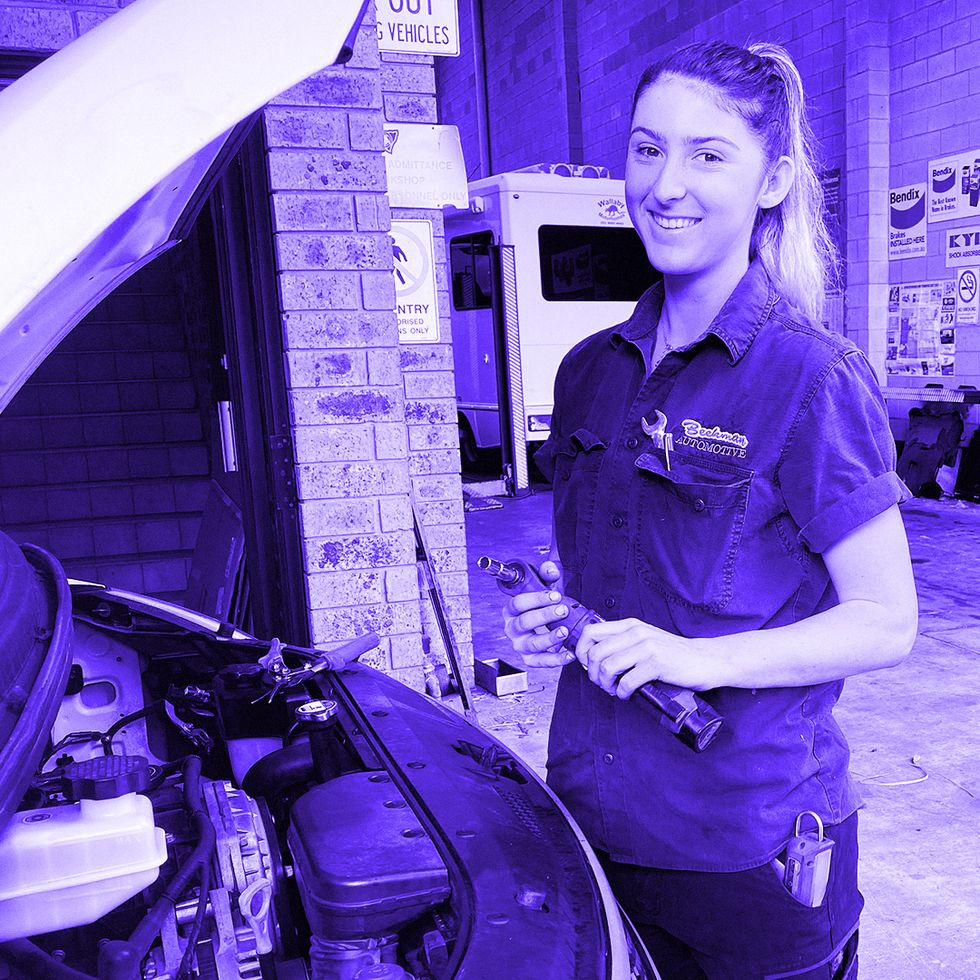
AMY GRICE, 20, only hit gender prejudice once in her search for an apprenticeship, and that was from a female receptionist who told her the business owner would never hire a female as a mechanic. Most workplaces were willing to take her on as an apprentice, she said. Grice's current boss at Beekman Automotive, in Sydney's south, told her he hired her based on her presentation and punctuality at the job interview.
"I dressed nice, which is hard when you're a girl applying for a job as a mechanic. You don't want to dress like a girly-girl but you want to still look professional," Grice said. "A lot of boys drop out of school and don't want a desk job so they just turn up and say 'I need a job'."
She felt she had to try harder to prove herself. Often mistaken for a male from behind, customers are surprised to see their mechanic is adorned with eyelash extensions and pink nails. "Some days are hard." she said. "There's a lot of overtime without being paid, but what a lot of the boys don't understand is that we are getting paid for someone to teach us something, which in the long run will get us our licence."
THE PIONEER
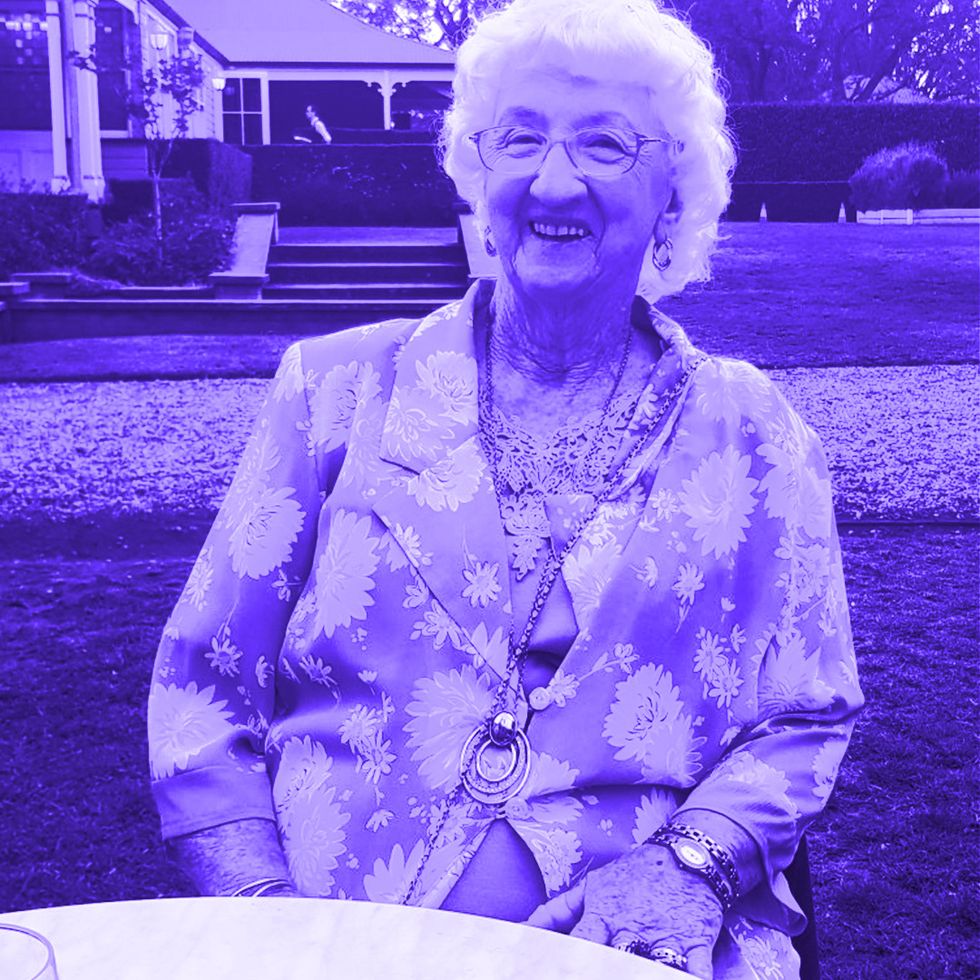
A WOMAN with a trade licence was a rare thing in the 1960s when Colleen Smith switched from office work to building sites. Forced out of her Commonwealth Bank job when she married in the 1960s, she had no intention of re-applying when the ban finally lifted.
Her husband was a builder and initially, Smith was on site to assist with finances. It wasn't long before she had tools in both hands, tiling the floors and concreting the walls. Her children grew up on work sites until they were old enough to attend school. "There was always sand on the job site because we were concreting things, so the kids would just play in the sand," she said.
When Smith became a licensed builder in 1970, a "lady tradie" was unheard of and building sites were pretty basic places. The site toilet was a pan and initially Smith would have to place a wooden stick strategically across the pan to sit on. She didn't complain but the owner of one building company became aware of the issue and insisted on a proper toilet on site. "He always made sure I had a proper toilet to sit on because he knew I was good value," said Smith.
Hers was a unique position. Smith said she knew of married couples who had a "joint" licence, where the male was a tradesman and the female worked underneath him, but she was the only licensed female builder she was aware of at the time.
Smith had an innate belief she could do anything a man could do. In 1970, alongside her husband, she built her own home. "When I first arrived at a job site the boys would murmur: 'Oh God, we've got a woman on the job.' But once they found out what I could do, they developed immense respect for me."
Both Wadland and Grice have aspirations to own their own businesses and share a positive outlook on being a minority in their respective industries. Wadland said the Farmgate to Plate business is accepting and equal but her dream, one day, is to open an all-female butchery to really stand out in the meat industry.
"I think women have more eye to detail, guys just sort of chuck the meat out in the case," Wadland said. "But women seem to make things more aesthetic, more presentable."
Grice wants to see a change in her industry, aiming to own her own workshop and offer services to females in particular.
Smith hopes the barriers she chipped away at will continue to break down, that young women will continue to succeed in male dominated industries. Her advice is simple: "Be yourself and if they don't accept you, just get on with the job. They'll learn to respect you by the quality of your work."
Zoe is a UNSW Media/Communications and Journalism student. She is a passionate writer, photographer, actress and music-lover. Zoe is obsessed with Instagram, coffee, music festivals and making plans to travel the world.

